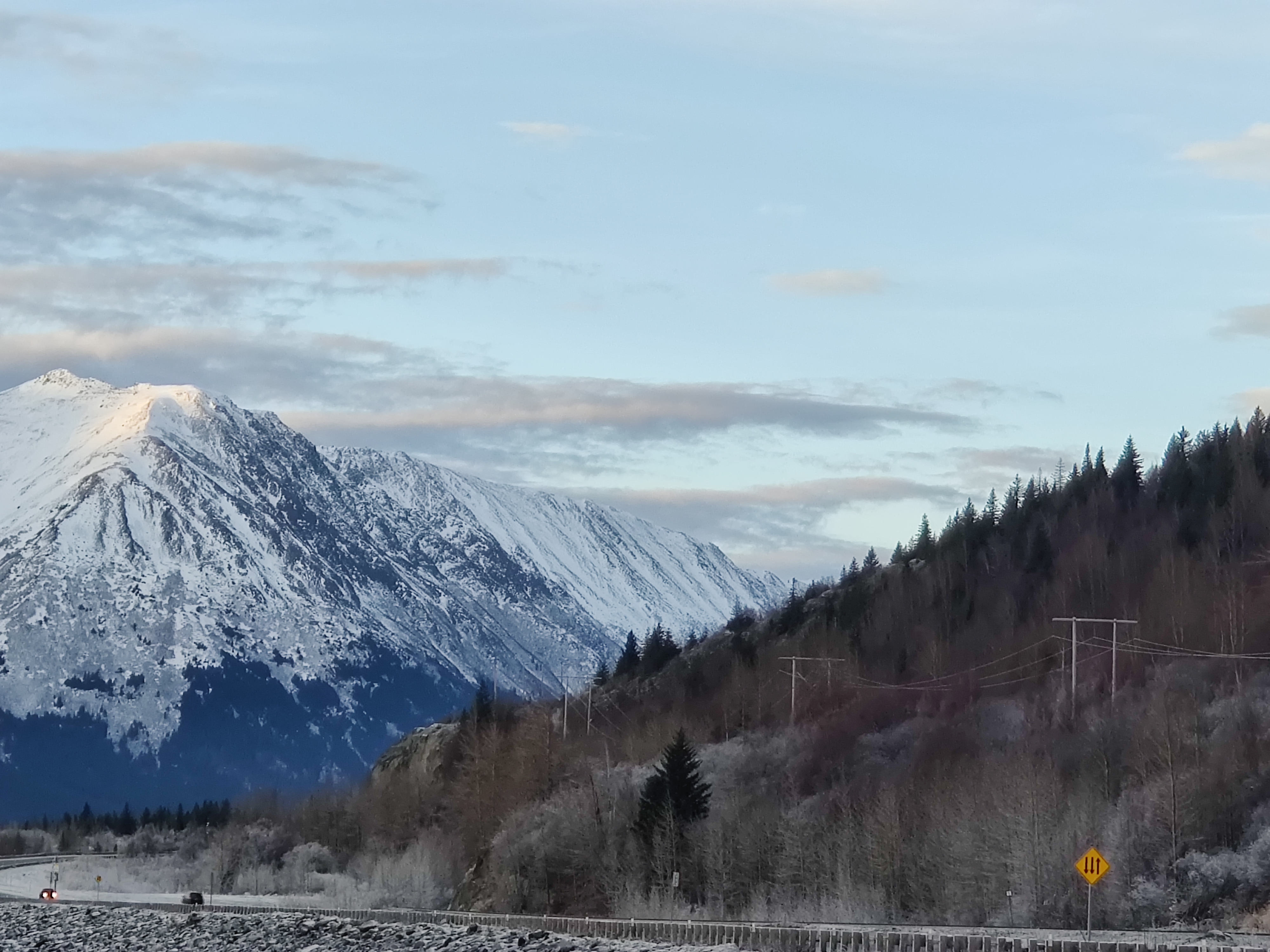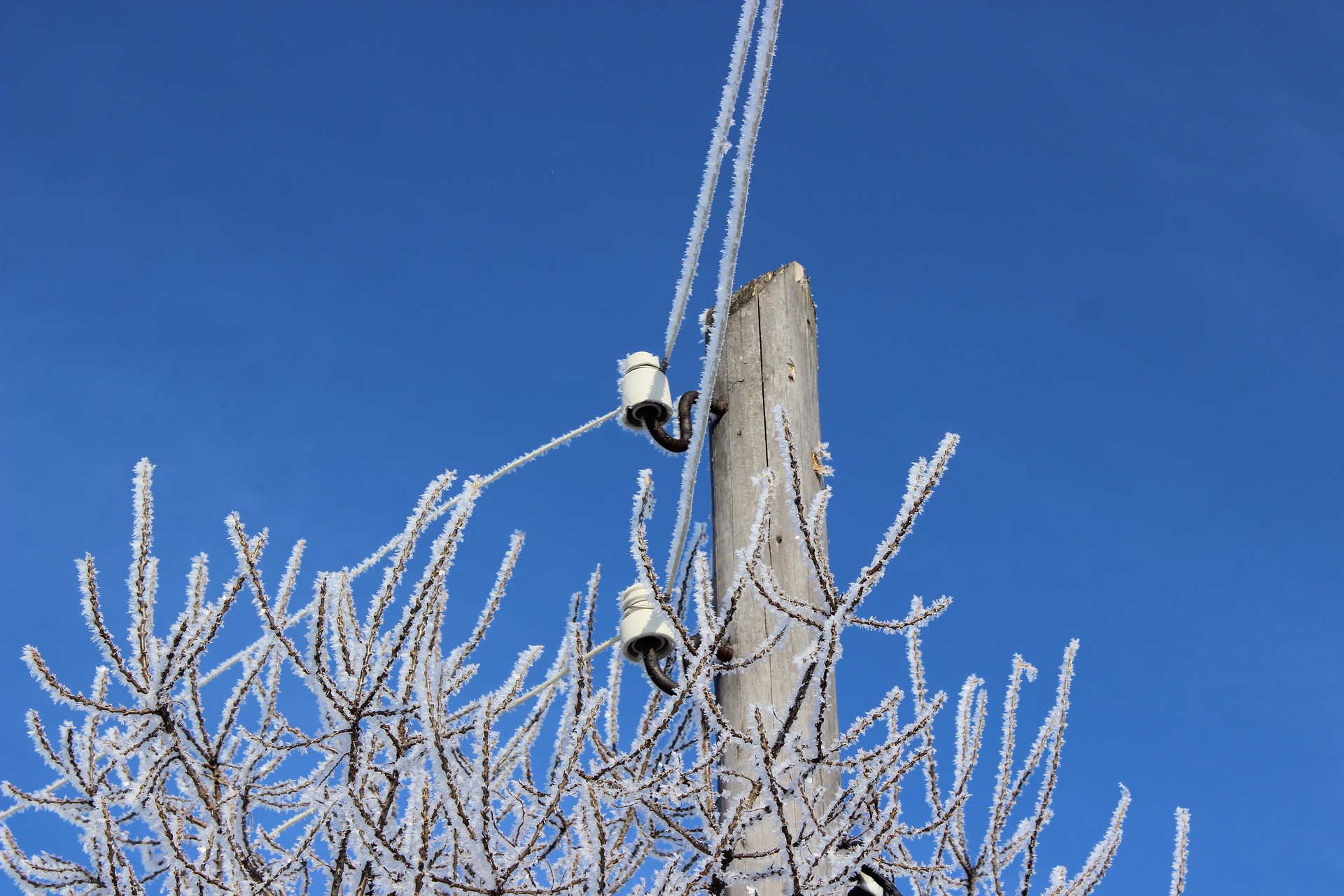A multi-institutional effort is underway that aims to design and implement new ways of better predicting, mitigating and responding to wildfires in Alaska. The FIREWALL Project, co-led by researchers at the George Washington University, is part of a four-year multidisciplinary national effort to improve wildfire resiliency in Alaska and to create resources that can be applied in other parts of the world and for other types of natural disasters. The team consists of researchers from various disciplines among GW, the University of Alaska at Anchorage, the University of Alaska Fairbanks, and Washington State University. It’s supported by the National Science Foundation’s Navigating the New Arctic Program, one of the NSF’s 10 Big Ideas.
Payman Dehghanian, assistant professor of electrical and computer engineering at GW and principal investigator on the project, is focusing on the role the electrical grid in Alaska plays on wildfire resiliency.
“There’s a two-way interaction between wildfires and the power grid. Electric grids can trigger wildfires, where the interactions of power lines with surrounding vegetation have been found to be a major challenge nation-wide,” Dehghanian says. “The electric power grid is also impacted drastically by wildfires from physical failures and degradations resulting in massive electricity outages. What we’re trying to do as a team is to design and develop technological solutions and decision support tools that enhance resilience of the electric power grids against wildfires, making sure that the lights remain on at all times before, during and after wildfires.”
Miguel Lejeune, professor of decision sciences at GW and co-PI on the project, is taking a quantitative and analytical approach to better inform decision making before, during and after wildfires.
“We’ll propose measures that can be taken by Alaskan communities and a number of stakeholders to try to mitigate the effect of wildfires, to minimize the risk of a wildfire, and to finally respond to these disasters,” Lejeune says. “Should a wildfire occur, what should we do to attenuate the negative impacts of the wildfires and to make sure local, and often rural, communities can return back to normal as quickly as possible?”
You can find more details about the project, “Collaborative Research: NNA Research: Foundations for Improving Resilience in the Energy Sector against Wildfires on ALaskan Lands (FIREWALL)" here.
-GW-




